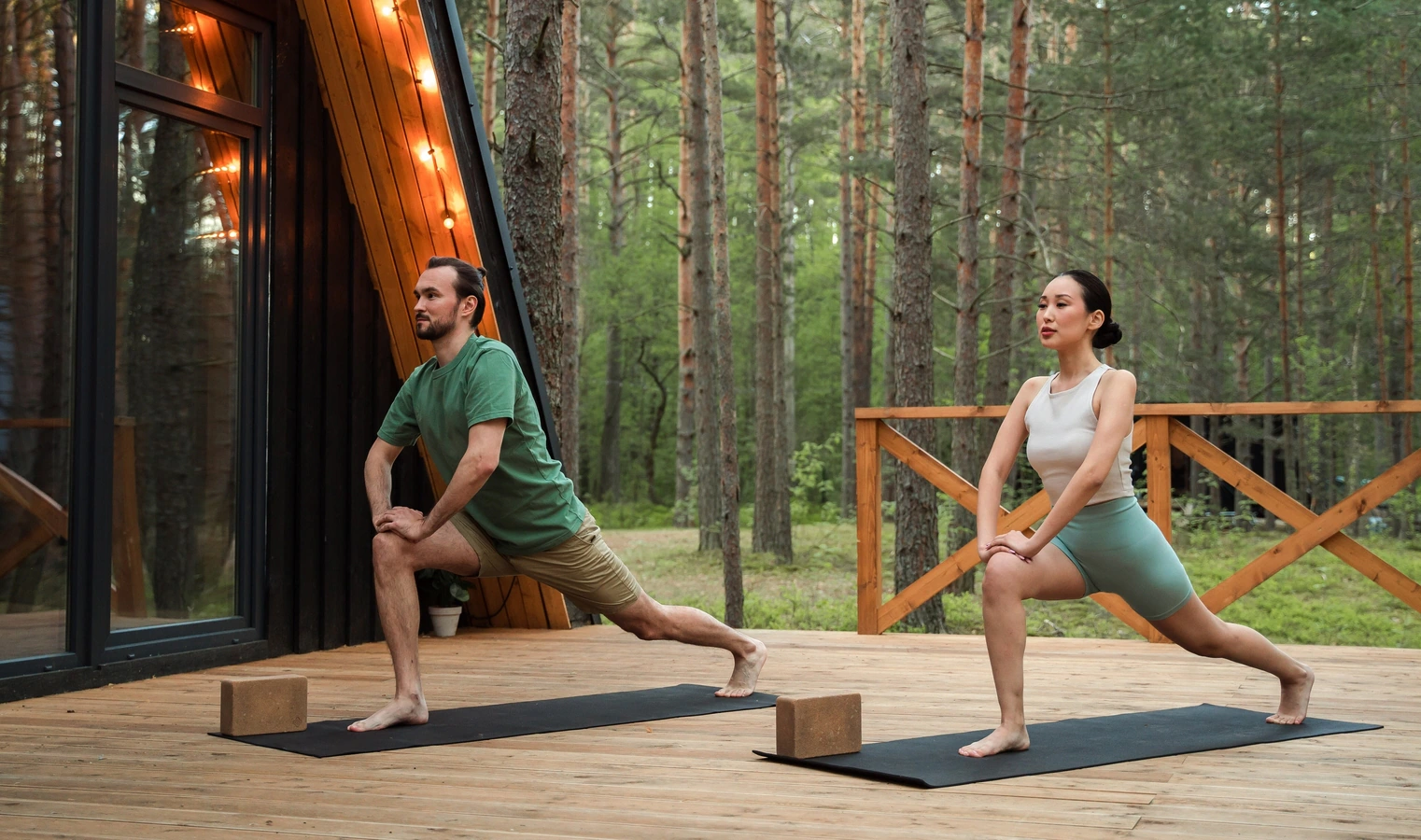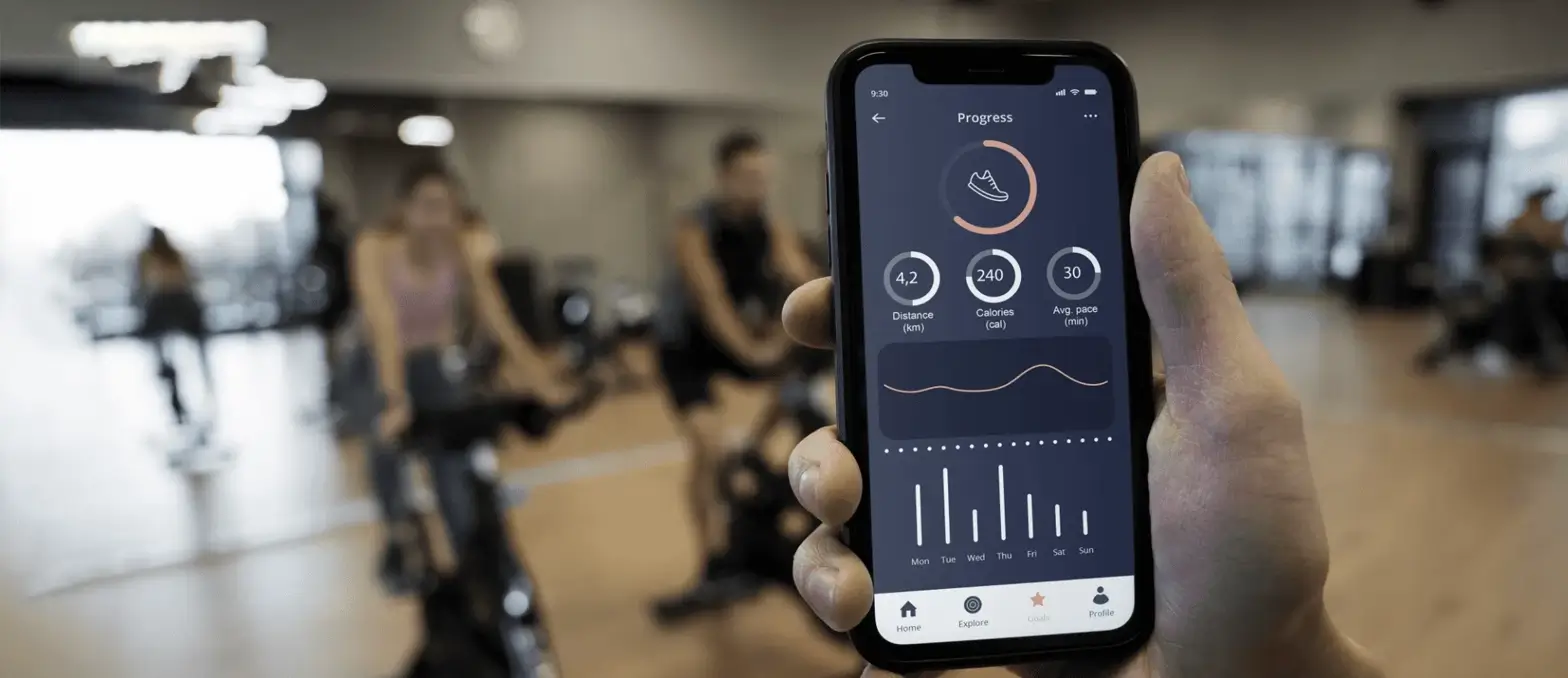Yoga has been practiced for a long time; however the recent resurgence is a holistic exercise that has led to research findings regarding its numerous physical, mental and psychological advantages. It’s an ancient type of exercise that improves flexibility, helps reduce levels of stress, and boosts mood.
The practice of yoga is about making connections between your mind, body and spirit, ensuring that you feel strong and healthy from the inside. It improves the health of your brain by improving the cognitive capacity, improving memory, and aids you to keep your mind sharp. Thus, yoga has many benefits to those with dementia.
Research on yoga for people with dementia
Alzheimer’s is one of the main causes of dementia and affects nearly 44 million people worldwide. Although there is no cure, research has shown that meditation and yoga may help alleviate or even stop the symptoms of the disease.
Studies that was conducted during 2014 revealed at first that a variety of factors can reverse the loss of memory due to Alzheimer’s disease. In the course of three to six months, nine of ten participants showed improvements after undergoing a comprehensive 36-point program of therapy that included meditation and yoga.
Another thorough review of more than eleven studies concluded that yoga may positively impact brain health, reducing the decline in memory due to age.
Meditation and yoga were linked to better socialization abilities as well as stress reduction for caregivers and patients with Alzheimer’s. The holistic approach also enabled the caregivers and patients to take part in the activity. This meant that caregivers could unwind and recharge while on the task.
Here’s the information we have on benefits of yoga to a person suffering from dementia:
Improved cognition
The brain is an intricate organ that is able to adapt and thrives when it is challenged. It is comprised by billions of cells which make endless connections with each one. The neural network formed by these connections aids us in learning and grow. The lack of exercise in our minds can cause the cognitive system to decrease its ability to adapt and, in turn, reduce the memory capacity and ability to complete routine tasks.
Yoga isn’t just an exercise in the physical sense, but also a type of cognitive exercise. It includes a variety of components like breathing, chanting, movement and concentration. Each element stimulates different aspects of the brain and stimulates the brain to create new connections through the stimulation of neural plasticity. Exercise and yoga also increase the neurotrophic factor in your brain (BDNF) which is a protein that is responsible for the development of new neurons.
Stress relief
Stress can affect the general health, which includes mental well-being. Stress levels that are high hormone, cortisol, are often associated with cognitive impairment and brain atrophy. Chronic stress can trigger inflammation of the nervous system, which may lead to the onset of dementia and Alzheimer’s. It also can cause heart disease, diabetes, and autoimmune disorders.
Patients with dementia, particularly those in the initial stages they can be stressed, overwhelmed and anxious when they are battling chronic diseases. The practice of meditation and controlled movements permits the mind to relax, reducing the levels of stress. Meditation also helps regulate blood pressure, reduces heart rate, and improve concentration.
Additionally, as yoga helps with the management of stress, it aids in slowing the process of cognitive impairment and loss of memory. It also blocks the fight-or-flight reaction of the body, which allows it to heal and recover. It creates a feeling of peace and calmness, as well as soothes the mind and body.
Physical health
Because yoga is a form that involves exercise, it can provide many physical benefits to those suffering from dementia and can help them live an independent life. It helps improve flexibility, agility as well as fine motor skills and flexibility, which reduces injuries that can result from falling.
Breathing exercises can help strengthen the lungs, improve their functioning, decrease blood pressure, and decrease stress. A regular yoga class can boost the endurance and strength of people suffering from dementia, giving them greater energy and stamina for slightly more difficult physical exercises. In addition, certain yoga poses focus on core strength and postures, which can improve mobility and balance.
Sleep quality improved
Sleep is a crucial element of our daily routine which aids in the recovery of body and mind. A restful, deep sleep is crucial for improved cognitive abilities and ability to learn. It also regulates stress levels and strengthens immunity.
However, many people with dementia suffer from sleep problems because of the impact of the disease upon the brain. It is the most prevalent and serious problem for patients suffering from Alzheimer’s disease. Lack of sleep may cause the sun setting and drowsiness throughout the day, as well as anxiety and restlessness during the evening.
Regularly practicing yoga can enhance the quality of their sleep, allowing them to rest longer and feel more relaxed throughout the daytime. Certain forms of yoga can be stimulating and stimulating, which is why they more suitable for early mornings.
Yoga poses that are appropriate for people with dementia
Although it is possible to do Yoga at your own home going to a specific class designed specifically for seniors with Alzheimer’s disease and dementia patients could provide a wealth of benefits. It lets the elderly connect with others who are in the same situation and feel a sense of inclusion. It can be enlightening as well as stimulating to both caregivers and patients to participate in a synchronization activities.
The gentle yoga class is made specifically for seniors. They are paced slowly to give the time needed to comprehend the pose and altering the position. The aim of these programs is to make meditation and yoga accessible to people who may not be able to do more strenuous exercises.
The following yoga poses can help those with dementia and Alzheimer’s disease:
Asanas:
This is an exercise that’s a physical version of yoga that improves the flexibility, strength and balance. It is comprised of a variety of poses influenced by natural elements and are usually easy to replicate. Asanas can be performed when sitting on a chair standing, or standing with some object for support or lying down on mats.
Pranayama:
It’s a breathing practice that relieves tension and overstimulation of the body. Concentrated breathing helps the participants to build their respiratory organs and increase energy flow across the body.
Shavasana:
It is a technique for relaxation typically used after a yoga session. The students lie straight on their backs, with arms resting on their sides with their eyes closed while they concentrate on breathing. This method relieves tension from every body part, resulting in feelings of renewal.
Final thoughts
Yoga has a myriad of benefits for people suffering from dementia. It boosts their cognitive capacity and reduces stress levels, improves the quality of sleep, and improves physical wellbeing. Additionally, it’s accessible to those who have a variety of needs and abilities.




